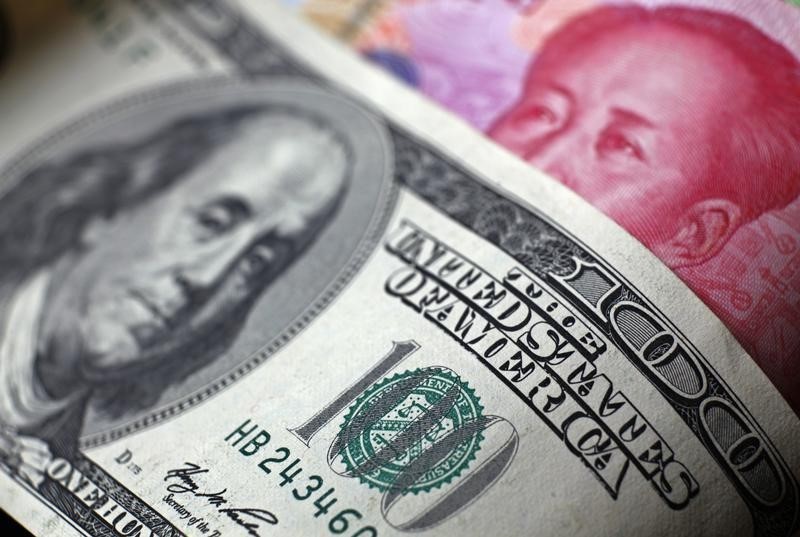With the BRICS firmly committed to de-dollarization, Morgan Stanley has recently said that the US dollar cannot be dethroned. Indeed, the bank’s head of FX strategy for emerging markets, James Lord, recently discussed why ongoing efforts to eliminate the greenback are likely to fail.
The last several years have seen those efforts grow. The BRICS alliance has focused on alternative currencies and payment systems that would diminish the dollar’s role in global finance. Yet, the investment bank has assured the dollar’s global reserve status is in no danger.


Also Read: BRICS: World’s Richest Person Says The US is Going Bankrupt
Morgan Stanley Says BRICS Can’t Dethroone US Dollar
With the Chinese yuan and Japanese yen gaining traction, there has been some shared concern over the fate of the US dollar. A plethora of countries have begun to diversify their currency holdings. Moreover, the globe has expressed concern over the US economy and its impending 2030 debt crisis.
However, those concerns are overblown, according to one investment bank. Contrary to BRICS actions, Morgan Stanley has assured the US dollar can’t be dethroned. Speaking on a recent podcast, the bank’s James Lord asked, “Which currency would you want to own when global stock markets start to fall and the global economy tends to head into recession?”
“You want to be positioning in US dollars because that has historically been the exchange rate reaction to those kinds of events,” he answered. The firm’s head of US public policy research, Michael Zezas agreed. “‘Bottom line, King Dollar doesn’t really have any challengers,” he said.


Also Read: US Dollar’s Biggest Jump Sends Local Currencies Sliding
Those Morgan Stanley executives pointed to three factors that will protect the dollar’s standing. The illiquidity of the yuan to challenge the dollar, the lack of impact of US debt on the greenback, and crypto not being a viable option to replace it.
Lord noted that China “seems unlikely to challenge the US dollar meaningfully anytime soon.” He noted that the country “may make some progress in denominating more of its bilateral trade in US dollars, but the impact that that has on global metrics of the currency dominance is likely to be incremental.”
As for the debt issue, Lord doesn’t see need for worry. “I understand the concern, but for the foreseeable future, there’s not much to it.” He note that the Federal Reserve’s inflation fight remains paramount. If they are successful, “it’s hard to see a channel toward the dollar becoming an unstable currency.”





